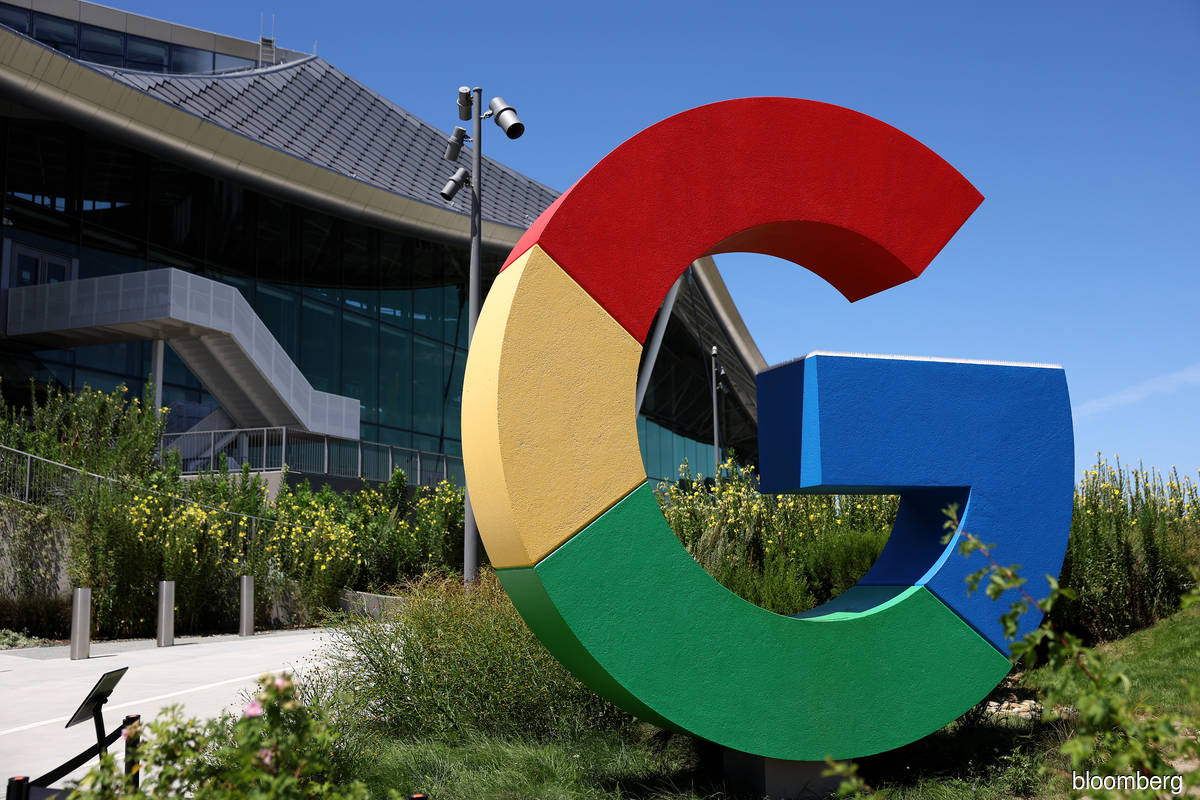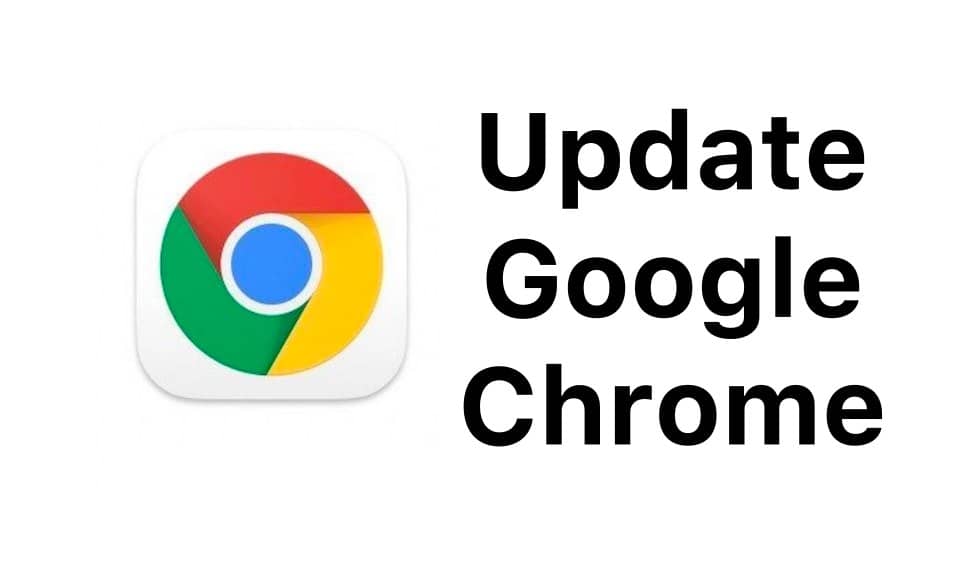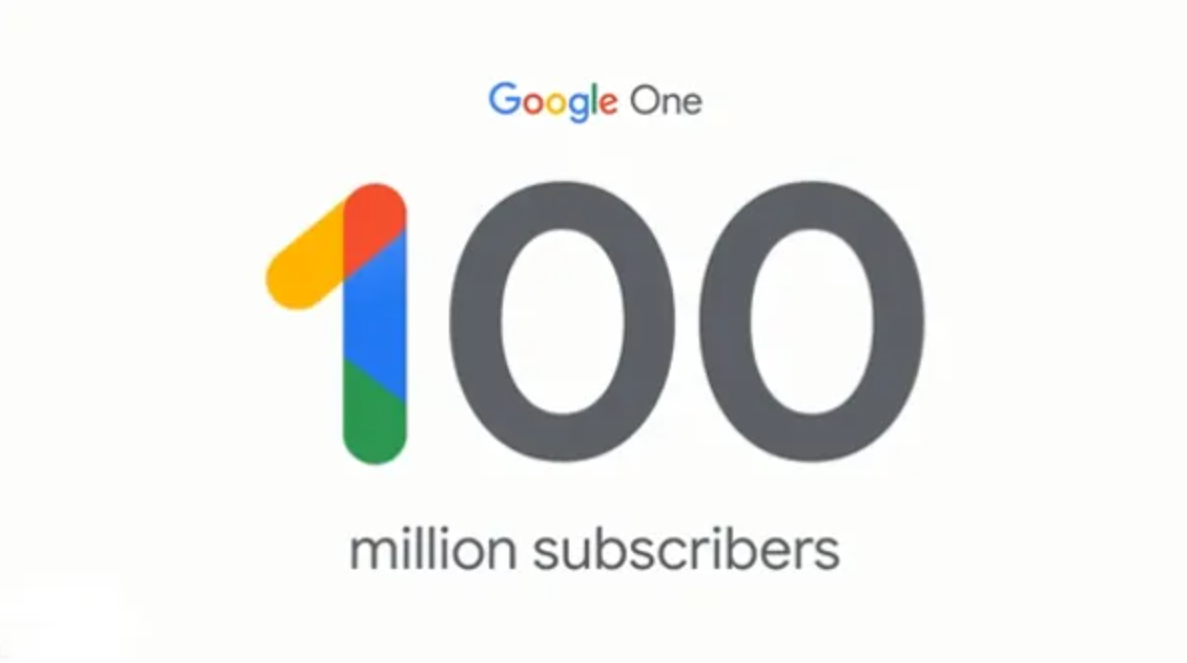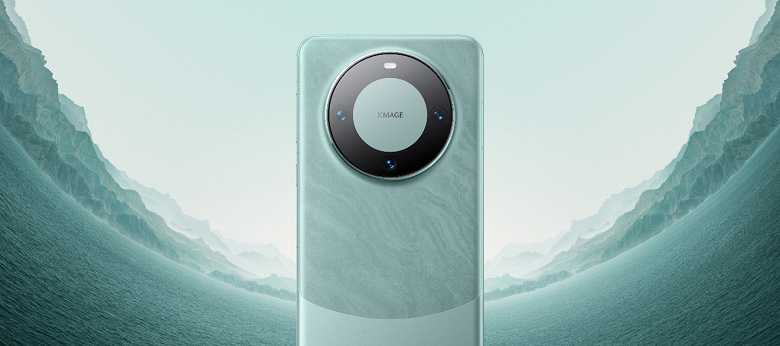Google is working on a solution to the problem of short-term support for Chromebooks
Personal computers have no expiration date. Chromebooks have it. A top Google executive said on Tuesday that the company is working with Chromebook makers to extend these devices’ lifespan.

During a press conference to mark the 10th anniversary of Chrome OS and Chromebooks, one reporter lamented that the typical Chromebook experience usually boils down to this: Once support ends, the device no longer receives software updates. If a website or any other online service requires a browser with the most recent updates to access it, is the Chromebook rendered useless?
One of the key differences between a PC and a Chromebook is the so-called device support window. Microsoft also stops supporting the next version of Windows, but the company does not stop supporting the computer itself. If you want and have a relatively productive PC, you can always replace the old version of Windows with a new one. If we talk about Chromebooks, then after the end of the device’s support period, it no longer receives new security patches, browser updates, which quickly turns it into a useless chipset. This is the fate of more and more Chromebooks as the ecosystem of these devices continues to grow. At the same conference, Google representatives said that the company’s partners plan to introduce 50 new Chromebooks throughout 2021.
According to Alexander Kutcher, director of ChromeOS products, the company began addressing this issue back in 2019, extending the Chromebook support window to eight years. Simultaneously, Google has no control over shoppers who buy second-hand Chromebooks from their hands or from retailers who have stock of older models that they are selling at deep discounts. According to a Google spokesman, the company is working with Chromebook makers to avoid such situations.
“I believe that we are working quite closely with the manufacturers so that they do not ship Chromebooks with low support times. Also, we are working with our OEM partners to ensure that this does not happen. Based on this, we think that this problem is unlikely shortly, ”said Kusher.
He also added that Google is working on Chromebooks’ hardware and software architecture so that all such devices receive at least the latest browser updates, and at most, the latest versions of ChromeOS.
“At the moment, we have nothing to announce in this sense. But I will say this, we are 100 percent focused on this issue and are making great efforts to resolve it, ”said Kusher.
Company representatives at the conference also said that Google has decided to reconsider its interest in some form factors of devices that have not been paid attention to in past years. Tablets are not included in this category. According to John Solomon, vice president and senior manager of Chrome OS development, the company is interested in devices with plug-in keyboards. In his opinion, work in a post-pandemic will be associated with the experience of using a variety of devices based on Chrome OS, including stationary ones.
“More and more people need a separate workspace at home in case they are away from the office a couple of days a week. Thanks to this, we see an increased interest both from the users themselves and our OEM-partners to the products of the Chromebox class and stationary AiO systems, ”concluded Solomon.









